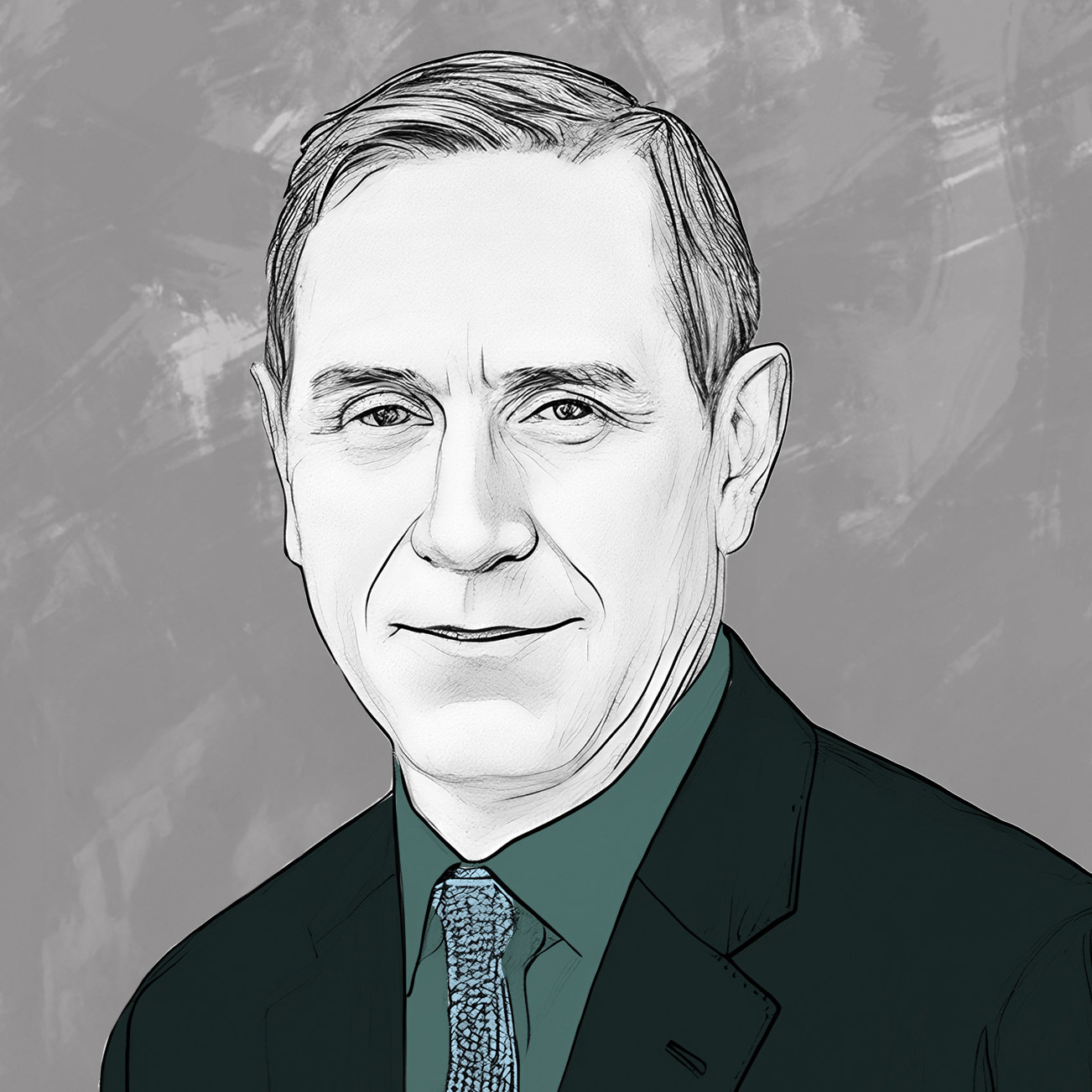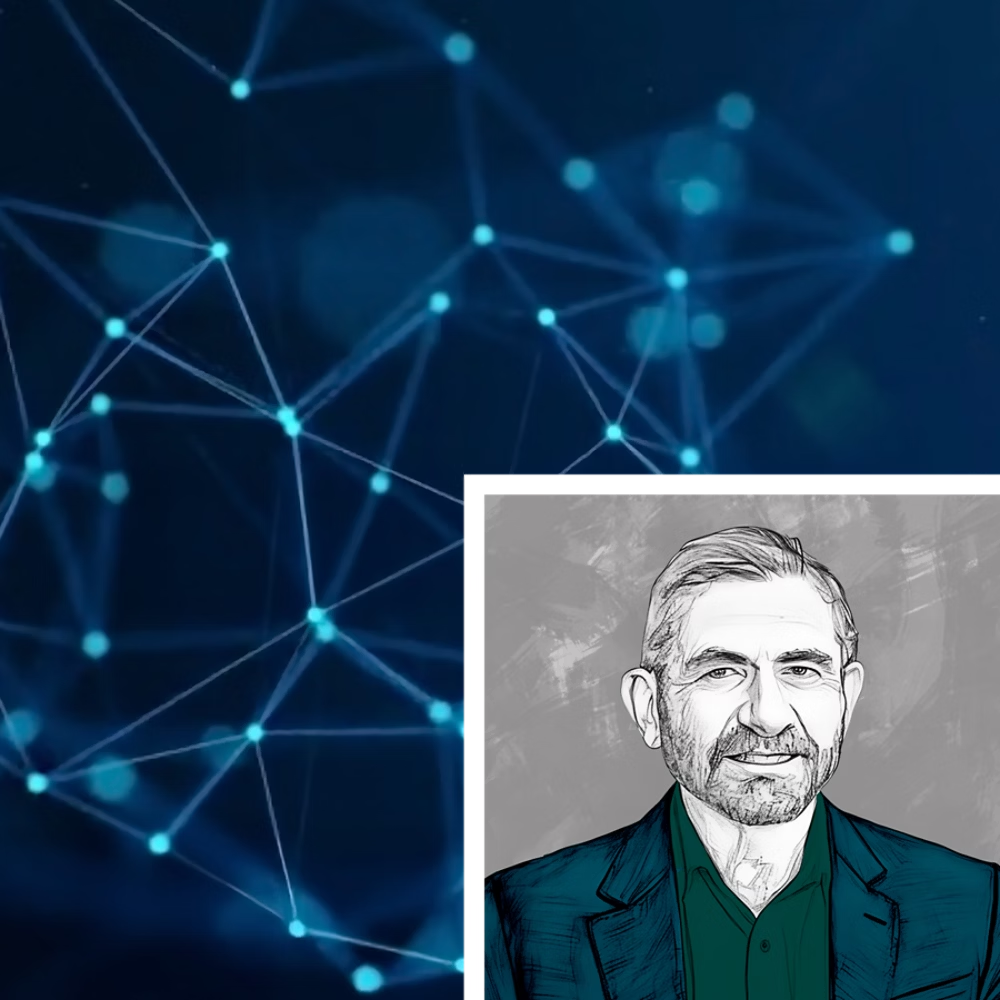Trust has become the essential question for the technology industry.
The Edelman Trust Barometer shows massive declines in trust in technology companies in key markets over the past decade, including the U.S., U.K., and Australia.1 Tech-related developments such as cyber-attacks and information wars are destroying the fabric of democracy.
Concern about job loss to automation is prompting PTSD about outsourcing of jobs during the past twenty years of globalization. Just 49% of respondents in our 28-market data set trust Artificial Intelligence (AI). Worldwide, people are much more likely to reject AI than embrace it.
All of this comes in the context of a broader set of problems that have undermined trust in institutions. In the twenty-five years of the Trust Barometer, we have discovered four important trends.
First, there is a significant Mass-Class Divide in trust in institutions. The bottom quartile of income has far lower trust in Business, Government, Media and Non-Governmental Organizations than those in the top quartile.2 This trust divide has been growing steadily in the past decade. In 2012, just 5 of 21 countries had double-digit Mass-Class Trust Divides. Now this gap has become transversal with 18 of those 21 countries facing double digit trust divides. In developing markets such as Thailand and Saudi Arabia, there are 20+ point trust divides between Mass and Class. This Mass-Class Divide is further manifested by a 13 point gap in comfort with Business using AI (51% top income quartile vs. 38% bottom income quartile).
Second, we have found much higher trust in developing markets than in developed markets. The key difference is trust in Government and Media. The Governments in many of those markets are seen to have delivered on their promise of economic growth and prosperity.
This sense of confidence in developing markets extends to trust in the application of Artificial Intelligence. For example, China is 40 points higher in trust than the US (72% vs. 32%). Not a single developed market has over a third of its population embracing the growing use of AI. Not a single developed market has over 33% belief that “people like me” have control over how AI affects their lives.3 We are concerned that science is losing its independence to Government, to the political process and to the wealthy.4 Our 2025 Trust and Health report found that 61% worldwide fear medical science being politicized — seven points higher than in 2022, at peak of the pandemic.5
Third, we have observed an evolution of trust, from the classic top-down model to one in which Trust is Local. This began with destruction of belief in institutional leaders, first in the Iraq War then in the 2008 Global Financial Crisis. It continues to worsen, with our most recent Trust Barometer reporting that over two thirds of respondents worry that CEOs, government leaders and journalists intentionally lie to them. The first change was increasing reliance on a person like me as a credible source of information, and the rise of peer-to-peer information sharing that we saw in 2006. Then in the COVID-19 crisis, there was an important new discovery: Trust moved local. That means reliance on those close to you, from pastor to your pharmacist to community leaders. We also find that employees now trust their employer, their CEO, and the information they get from their company newsletter.
Fourth, we are now engaged in a Battle for Truth. We find that nearly two thirds of Trust Barometer respondents find it difficult to differentiate between quality information from respected media and disinformation. The Media is now one of the least trusted institutions in most countries, seen as pursuing clicks as a business model. Government and Media are in fact in a death grip, with elected officials using controversial social media posts to prompt mainstream media coverage. Meanwhile the traditional media is shrinking, with local media starved of advertising revenue and readership, as eyeballs and marketing support move to social media.
Young people’s reading behaviors are different today. According to a Cambridge University study with Google, the Gen Z reader sees a headline, reads the comments about a story, and only then moves onto the story if the commentators have rated it as fair and worth their time6.
The latest development is that economic fears have metastasized into grievance. This is the core finding of the 2025 Edelman Trust Barometer. We observe a profound shift in popular sentiment, a move beyond political polarization to aggressive advocacy for self-interest. Throughout the elections of the past year, citizens have raised their voices against Business, Government, and the wealthy across the globe. Incumbent parties have been ousted in Western democracies, including the U.S., U.K., France, Germany, and Canada. Business is being scrutinized for its involvement in societal issues, from DEI to sustainability.
Grievance stems from a conviction that the system is unfair, business and government make things worse, and the rich keep getting richer. A growing sense of alienation is so profound that nearly two-thirds of respondents now fear being discriminated against, up 10 percentage points from the previous year. Even high-earners are increasingly worried about being made a victim—up 11 points to 62%. Three quarters of respondents worry about their pay not keeping up with inflation. There is deep concern about job loss due to the impact of innovation and globalization. Fifty-eight percent of employees worry about automation and sixty-two percent worry about international trade conflicts affecting their livelihoods.
Most people hold a sense of grievance against elites and institutions. Sixty-one percent of respondents have a moderate (41%) or high (20%) sense of grievance, defined as feeling business and government make their lives harder and serve narrow interests, and the system benefits the wealthy while regular people struggle. In Western Democracies, resistance to innovation is political, most notably in the US, where nearly 4.5 times as many conservative respondents reject innovation as liberal (53% vs. 12%). Over half of high-grievance people adopt a zero-sum mindset: If something gives you a win politically, it comes at a cost to me.
This brings us to Kyndryl’s Readiness platform, which aims to build Trust. Kyndryl has found an important paradox for IT decision makers. Eighty-six percent of the 3,200 business and technology leaders said that they are confident that their AI implementation is best in class. But only 29% of those respondents said that their IT infrastructure is ready to manage future risks.7
Kyndryl has established a four-point plan to build trust in new technologies and to drive successful transformation:
- Build trust inside out; that means fostering a culture of trust. The essential promise is that AI is here to enable high value work instead of replacing workers. There must be two-way communication in the change process.
- Acknowledge the possibility of error and establish a fast feedback loop. Trust is built by working incrementally, to adjust as projects evolve. The employees need to be kept informed throughout.
- Learn from failure. This enables collective problem-solving. Failure is an opportunity to build credibility through transparency.
- Emphasize your wins, small and large. The team needs to see progress to visualize long term success. This also reduces resistance to change.
Over half of high-grievance people adopt a zero-sum mindset: If something gives you a win politically, it comes at a cost to me.
The message for Business is simple; you are the most trusted institution in a time of deep societal stress. CEOs must deliver well-paid jobs and affordable products. They must also protect their employees and communities by investing in re-skilling. Companies can make their operations more sustainable and inclusive as a normal part of business operations. You cannot implement innovation without trust because people will fight its implementation.
Kim Basile, Kyndryl’s Chief Information Officer, said, “It’s about transparency, communication and empowering people to lean into change, not fear it. Trust is the linchpin of AI readiness. Companies must do more than adopt new technologies, they need to build trust to make them work.”
References
- 2024 Kyndryl Readiness Report
- 2025 Edelman Trust Barometer: Insights for Technology Sector
- 2025 Edelman Trust Barometer
- 2024 Edelman Trust Barometer: Insights for Technology Sector
- 2024 Edelman Trust Barometer
- 2025 Edelman Trust Barometer Special Report: Trust and Health [Releasing April 24 2025)
- Practicing Information Sensibility: How Gen Z Engages with Online Information
Have questions or want to learn more?






